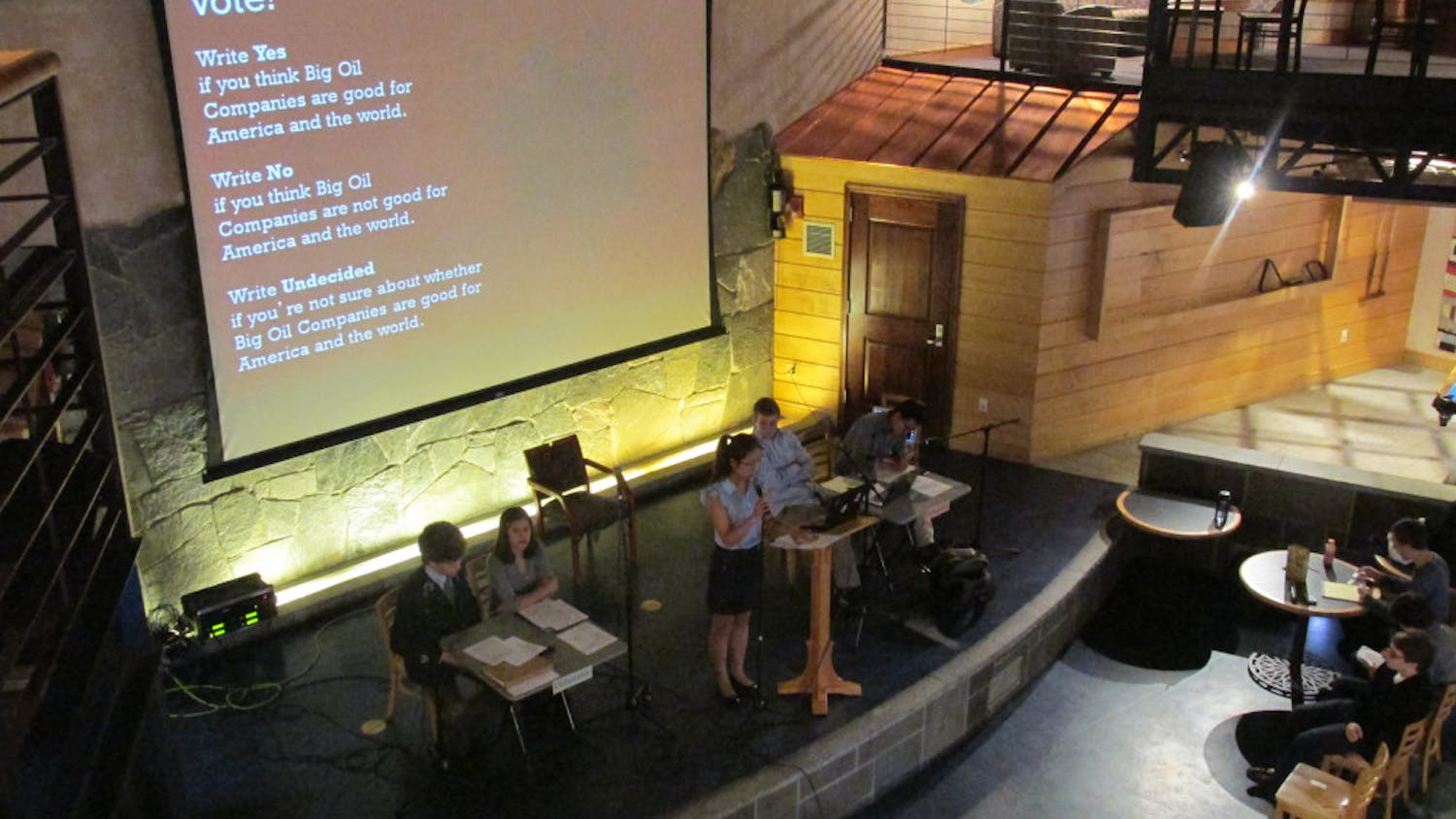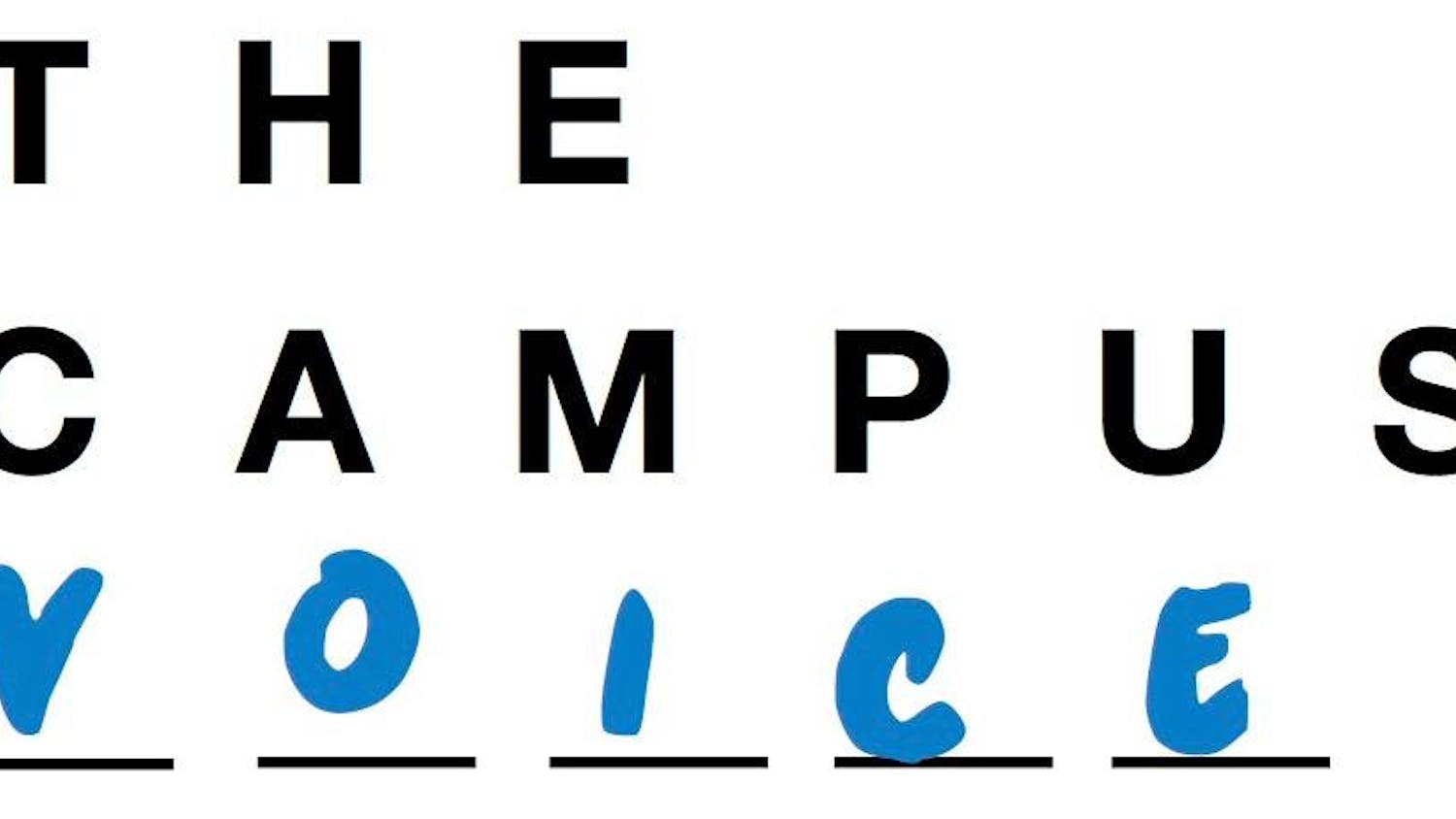The Campus Current will be liveblogging the Center for the Comparative Study of Race and Ethnicity's workshop on novel writing, activism, and refugees. The event, facilitated by VT Refugee Resettlement Program Director Judy Scott, is part of the 2013 CCSRE 2013 Symposium, "No Place Like Home, Imagining Race, Ethnicity and Migration."
12:10 - Scott ends with a slideshow of refugee camps around the world, emphasizing the degree to which conditions in refugee camps may be worse than commonly thought. "In a refugee camp," Scott says. "You are not in a position to make decisions. You're not deciding what you're going to eat today ... you aren't deciding what to wear, or what classes you're going to take, or what books you're going to read — because there aren't any. A refugee camp is a human warehouse ... unless someone decides to take that person out, that's where they're going to stay for the rest of their life." She points out that less than one percent of refugees worldwide are accepted for resettlement, which means that within the simulation, not a single person would have survived to be resettled.
12:05 - Scott leads a discussion on the drawbacks of living in a refugee camps; participants focus on issues of security, the lingering sense of lacking a home and of "otherness" from native Canadians, and restrictions on personal liberties such as freedom of movement.
12:00 - Arrival at the refugee camp over the border of Canada: "what you don't know is that you're walking into a sort of prison." Scott asks participants to write down how old they'll be in 17 years; 17 years, she says, is the average number of years refugees spend in camps by the time they arrive at the Burlington International Airport to begin the process of resettlement.
11:55 - "Your children are looking at you with these dull expressions, because you're not taking care of them like you have all their lives."
11:45 - "You all realize at the same moment: you will have to walk to Canada." Participants have by this point also had their cars stolen, and have been told to imagine embarking on a walk towards Bristol. Scott draws our attention to the fact that it is unfair that other Vermonters appear to retain their cell phones, ATM cards, and cars, while we, as citizens associated with the College, must flee to Canada while steadily losing everything we own.
11:40 - Participants must now add their ATM and credit cards to the manila folder — in addition to losing reliable means of communication, we are now asked to imagine having no access to emergency funds.
11:35 - In the scenario, the National Guard has taken over Middlebury Union High School, and students protest the "hate campaign" against the College. As a Professor at the College, we are asked to imagine the fear involved in being associated with a school whose associated faculty, staff, and students have become the target of military violence. It is becoming increasingly clear that this scenario describes many scenarios of political, racial, and religious persecution and violence that create many of the world's refugees.
11:30 - Participants are asked to imagine that they are a Professors of Geography at Middlebury College, and that they are attending this very workshop. A scenario is constructed in which the police attempt to arrest everyone at the workshop; anyone associated with the College has been deemed a danger to the country. Participants have the opportunity to "flee to Canada" or "turn themselves in." Scott informs us that those who turned themselves in were tortured for information; the decision is made to flee to Canada. Everyone must place their cellular phones in a separate manila folder to simulate the confusion and lack of information available to those fleeing their country.
11:25 - Scott primes the 22 participants by saying, "Today, we will engage in an exercise in which you will have to suspend disbelief," emphasizing that we will be asked only to imagine, "experiences that are common for those who have come to Vermont as refugees." She asks people first to think about whether they operate on the "fundamental assumption that you would always live in the country in which they are born; that it would always be your homeland."
11:20 - "I am going to ask you to imagine unimaginable things," Scott says. She says that the objective of this workshop will be to better understand the refugee experience, and that workshop participants will be asked to adopt the persona of specific refugee characters. Participants range from faculty and staff to visitors who self-identify as having no direct connection to the College.
Comments



